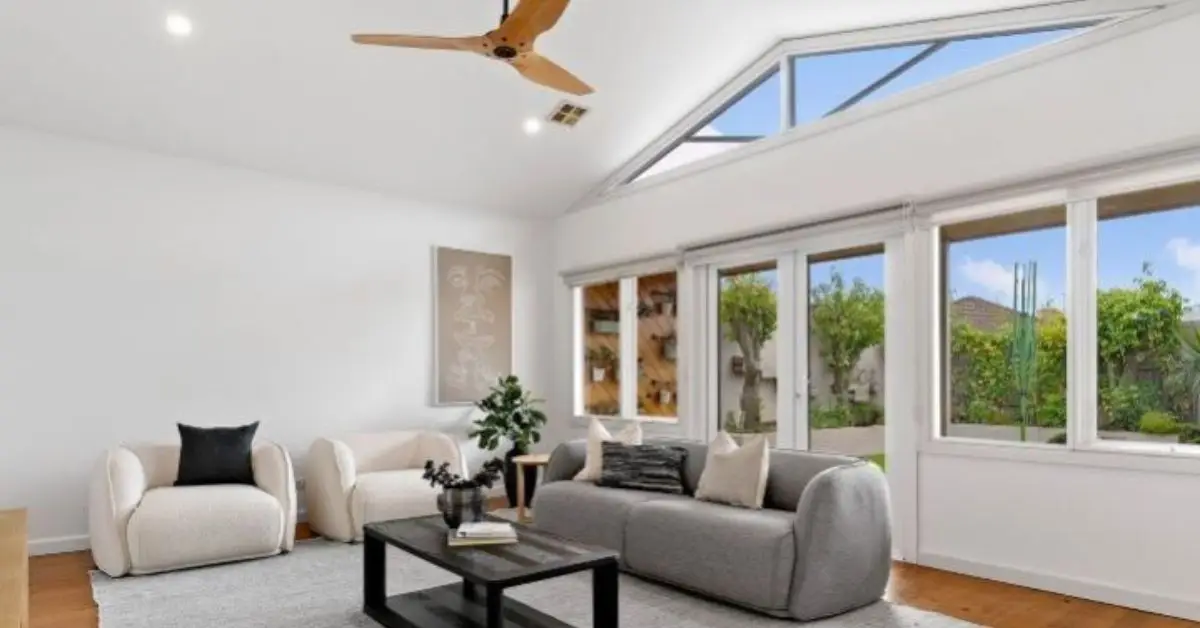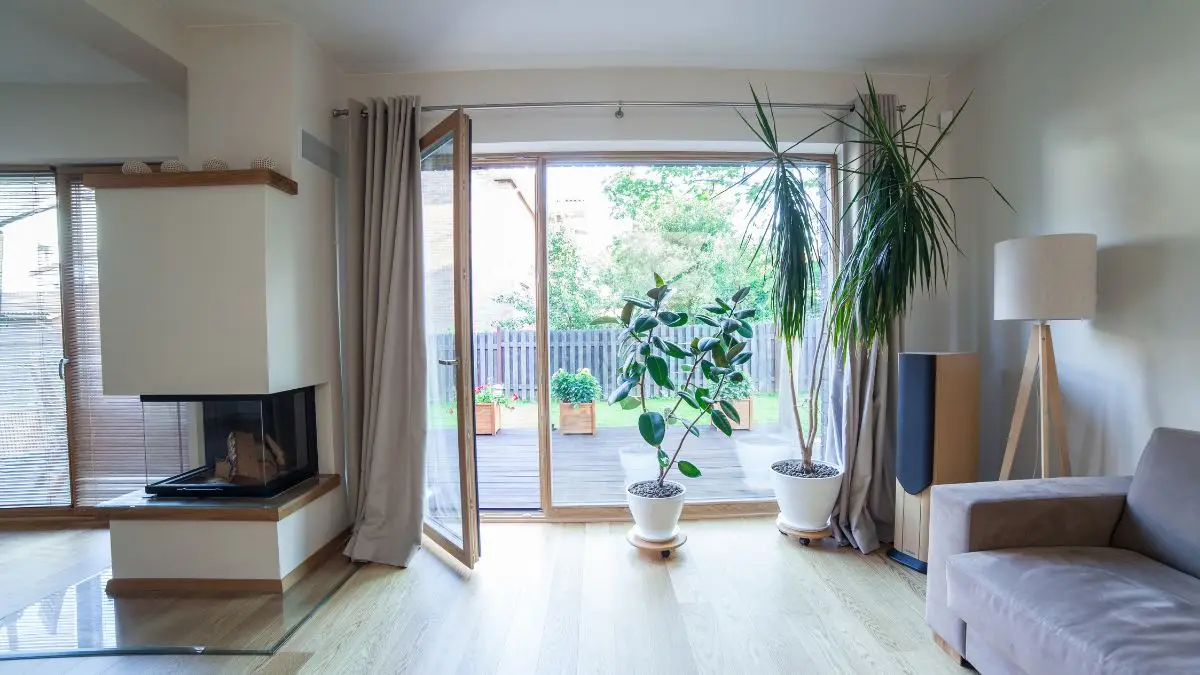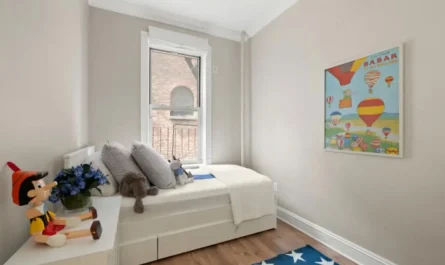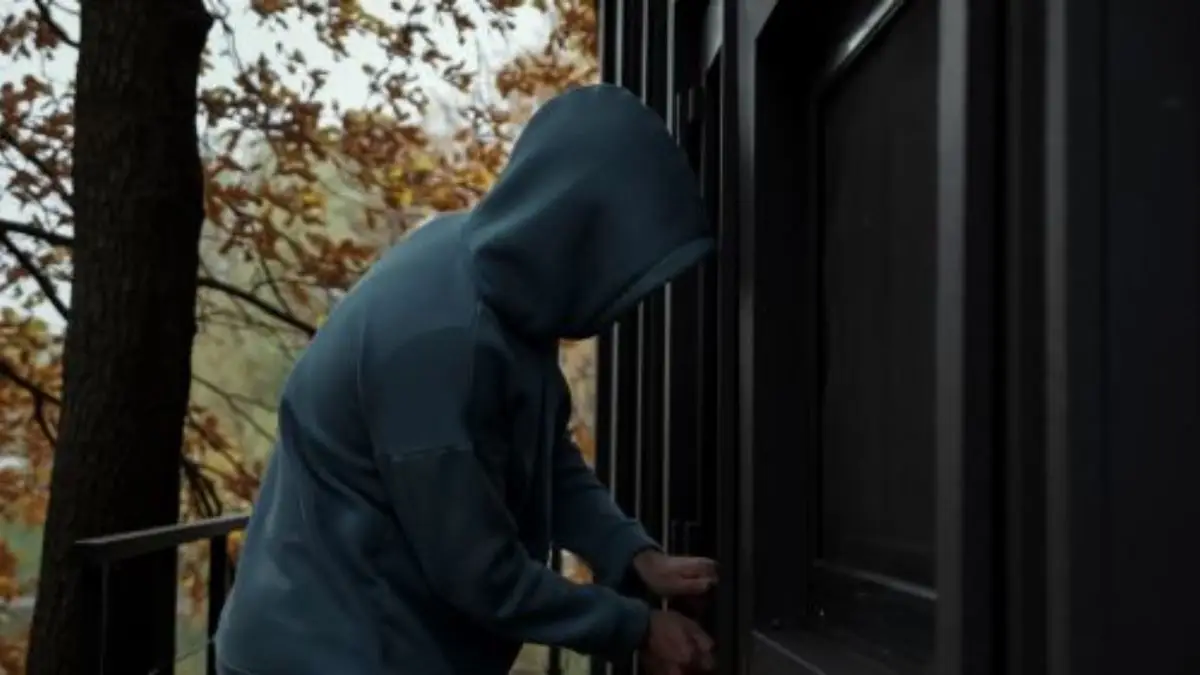Cut Your Summer Utility Bill by Avoiding These 5 Common Home Mistakes
To be honest, most of us are unaware of the amount of money we spend on summertime household expenses. Some habits feel perfectly normal, not because we’re reckless. Watering the lawn at noon, leaving the fan on all day, and running the air conditioner for only five minutes when leaving the house. Safe, isn’t it?
However, they’re not.
Heat waves and increases in electricity rates aren’t the only reasons your utility bill is going up. It is increasing as a result of the things we do without question every day inside our homes. Due to a few recurring errors, I have witnessed families incur additional expenses ranging from two to four thousand rupees on a single payment.
The good news is that you can make these changes right now. You don’t need to remodel your house or buy a sophisticated equipment. You’ll notice a difference in your next bill and the efficiency of your home runs if you simply stop performing these five typical activities.
Let’s examine the true meaning behind those figures.
Why Your Utility Bill Spikes in Summer (And It s Not Just the Weather)
You would expect that just because it’s hotter, your energy cost would go up. However, that is just a portion of the story. How your house reacts to summer and how you handle it is what actually drives those figures up.
Your cooling system has to work harder and longer during the hottest part of the summer. The frequency of appliance operation has increased. You might take longer showers, cook more indoors, or spend your entire day with electronics plugged in.Your cost is in a completely different range when you double these by 30 days, not just a little bit more.
For instance, summer electric bills in the United States averaged around $784 in 2024. According to NEADA’s energy data, that represents a 6 percent increase from the previous year. Extreme heat isn’t the main cause of that growth. It has to do with ingrained behaviors that steal energy in the background.
You should start by looking at what’s going on inside your house rather than the weather prediction if you’re witnessing sudden increases in your cost.
Habit #1 Cooling Rooms You re Not Even Using
I used to do this mindlessly: I would keep the air conditioner running in each room in case someone entered later. Does that sound familiar?
The issue is that your cooling system is unable to identify which rooms are vacant. It cools everything evenly. The home office, guest rooms, and bedrooms that haven’t been used in two weeks are all being chilled pointlessly. Additionally, you pay for each degree.
Shut off vents in areas that aren’t being used if you have central air. When the room is empty, close the door and turn off any window or split air conditioners. Just direct the cool where it’s truly required; there’s no need to sweat it out.
Over the course of the season, this one shift alone can lower your bill by up to 10%. Additionally, it only costs you awareness.
Habit #2 Running Fans Like They re Air Conditioners
Regarding ceiling fans, there are a lot of misconceptions. They cool people rather than rooms. The fan is whirling aimlessly while no one is in the room, drawing power and even producing some heat from the motor.
Every ceiling fan in the kitchen, bathrooms, and even closets is always on at the houses I’ve visited. It’s wasteful, but it feels normal. The average ceiling fan draws between 50 and 75 watts per hour.Even while it might not seem like much, it quickly adds up when four or five rooms are used throughout the day.
The more intelligent approach? Fans should only be run while you are present. Additionally, throughout the summer, arrange them to revolve counterclockwise. You feel cooler even with a slightly higher thermostat setting because that forces air downward.
The key is to use fans in conjunction with your air conditioner, never in instead of it, and never while no one is home. The goal is to use comfort more purposefully, not to cut it off.
Habit #3 Watering Lawns and Outdoor Power Use at Peak Times
Admittedly, until I saw that my electricity and water expenses were rising simultaneously, I used to program the sprinkler to water my lawn at midday.This is why it costs you money: watering during the day causes your system to operate longer since it evaporates quickly. Pumps or outside lights operating during the day add needless electricity use.
Water in the early morning or late evening when evaporation is at its lowest if you enjoy a lush grass. To have sprinklers turn off on their own, install a timer.Replace your plug-in garden lights with solar-powered ones to save electricity and water without altering your landscaping routine.
These minor changes can reduce your overall utility costs by as much as 15% throughout the summer by using power and water when they are less expensive.
Habit #4 Leaving AC on with Doors or Windows Open
All of us have hurried out for a little moment and neglected to shut the front door. forth the meantime, your air conditioner is putting forth extra effort to keep the whole neighborhood cool.
Similar to a bucket of ice water, your air conditioner will need to be refilled if you leave a hole in it. That hole is an open window or door. Your system never shuts down or achieves its desired temperature.
Before turning on the thermostat, always close the windows and doors. During cooler hours, open the windows or switch to fan-only mode if you enjoy fresh air. In this manner, your next bill will show the difference and you won’t have to battle your own cooling system.
Habit #5 Setting the Thermostat Too Low
This one s sneaky because it feels like the right thing to do. When it s 38 C outside, cranking the thermostat down to 20 C seems like the fastest way to cool your home. But it doesn t work that way.
Your AC doesn t cool faster it just runs longer. And the longer it runs, the higher your bill climbs.
According toHVAC expert Bill Taylor (via The Sun), setting your thermostat just1 C higher can save you 3 to 5 percenton cooling costs. That adds up quickly over a long summer. Most experts recommend keeping itbetween 24 C to 26 Cwhen you re home, and around 28 C when you re away.
Even better, get a programmable or smart thermostat. It automatically adjusts the temperature based on your schedule, so you re not cooling an empty home or freezing your living room at midnight.
Comfort doesn t come from colder settings it comes from consistent, balanced cooling. And your energy bill will agree.
The Hidden Drain Phantom Loads and Poor Maintenance
Even if you re careful about AC and fans, there s a whole other category of energy loss most people miss: phantom loads. These are devices that draw power even when you re not using them.
Think phone chargers left plugged in, TVs on standby, Wi-Fi routers running 24/7, or an old second fridge humming away in the garage. Each one might use just a little electricity but together, over weeks, they quietly drive your bill up.
Now add poor AC maintenance into the mix: dirty filters, leaky ducts, or clogged condenser coils. All of this forces your system to work harder, using more energy to do the same job.
And if your cooling still seems off even after cleaning filters and sealing leaks, it might be time to check if there s a deeper issue like a failing AC unit or duct blockage. Here s a quick guide onhow to know if your HVAC system needs urgent repairs.
Here s what you can do:
- Unplug devices you don t use daily.
- Use smart plugs with timers.
- Clean or replace your AC filter every 30 60 days.
- Get your ductwork inspected every few years.
- Seal small gaps or leaks near windows and doors.
Most people skip this stuff because it doesn t feel urgent. But if you re trying to control your bill, this is one of the easiest areas to fix no lifestyle change required.
Smarter Alternatives That Actually Save Money
Fixing bad habits is one thing. But adding a few smart ones? That s where the real savings kick in.
Start with this: bump yourthermostat up by 1 2 Cand run a ceiling fan in the room you re in. You ll feel just as cool, but your AC won t need to work as hard. Most people don t realize fans don t lower the temperature they just make you feel cooler through airflow. Use that to your advantage.
Next, shift appliance use to off-peak hours. Run your washing machine or dishwasher late evening, or early morning, when electricity rates are lower and the heat load on your home is reduced.
Consider grilling or cooking outside a few times a week. Every time you fire up the oven, it adds more heat indoors making your AC work double.
And if your utility provider offers a free or subsidized energy audit, take it. You ll get personalized insights into where your home is losing efficiency and many times, they ll recommend small, low-cost fixes that pay for themselves within months. If you re thinking long term, there are also some simplehome renovation projects designed to keep you cool during summerfrom better insulation to reflective roof paint.
The goal isn t to sacrifice comfort. It s to make comfort more efficient.
Quick Checklist What to Stop (And Start) This Summer
Before we wrap, here s a quick reference guide. Stick it on your fridge, and share it with anyone else in your home:
Stop Doing:
- Cooling rooms no one is using
- Leaving fans running in empty spaces
- Watering lawns during peak sun hours
- Keeping doors/windows open with AC on
- Setting the thermostat way too low
Start Doing:
- Use smart plugs or timers for electronics
- Run heavy appliances off-peak
- Clean AC filters monthly
- Switch to solar outdoor lights
- Use fans with AC to balance comfort
And if you re planning to take things a step further, make sure you knowwhich upgrades actually require a permit even things like painting or wall insulationbefore starting your next home improvement.
You don t need a full lifestyle change to see results. You just need to be a little more intentional with how your home uses energy. These simple adjustments can lower your bill, reduce wear on your appliances, and leave you with more breathing room by the end of the season.
Final Thoughts Small Fixes, Big Results
No one wants to obsess over their utility bill all summer. You shouldn t have to.
But here s the truth: most high bills aren t caused by extreme weather or faulty equipment. They re caused by habits we don t even notice. The fan left running. The thermostat set too low. The empty guest room getting cooled every day.
The good news? Every one of those habits is fixable starting now, without spending a single rupee.
This summer, take control. Look around your home and ask: What s running that doesn t need to be? What s costing me more than it should?
The savings won t just show up in your bill. They ll show up in how relaxed you feel, knowing your home is finally working for you not against you.
Have you already tried cutting back on a few of these habits? Did your bill change? I d love to know what worked for you and what didn t.
Want more smart home tips that actually save money?VisitBuild Like Newfor practical guides that help you live better without overspending.
Disclaimer:This article is for informational purposes only. Individual energy savings may vary based on home setup, climate, and usage. Always consult a licensed professional for system upgrades or major changes.
Table of Contents
-
-
Why Your Utility Bill Spikes in Summer (And It s Not Just the Weather)
-
Habit #1 Cooling Rooms You re Not Even Using
-
Habit #2 Running Fans Like They re Air Conditioners
-
Habit #3 Watering Lawns and Outdoor Power Use at Peak Times
-
Habit #4 Leaving AC on with Doors or Windows Open
-
Habit #5 Setting the Thermostat Too Low
-
The Hidden Drain Phantom Loads and Poor Maintenance
-
Smarter Alternatives That Actually Save Money
-
Quick Checklist What to Stop (And Start) This Summer
-
Final Thoughts Small Fixes, Big Results
-
-
Why Your Utility Bill Spikes in Summer (And It s Not Just the Weather)
-
Habit #1 Cooling Rooms You re Not Even Using
-
Habit #2 Running Fans Like They re Air Conditioners
-
Habit #3 Watering Lawns and Outdoor Power Use at Peak Times
-
Habit #4 Leaving AC on with Doors or Windows Open
-
Habit #5 Setting the Thermostat Too Low
-
The Hidden Drain Phantom Loads and Poor Maintenance
-
Smarter Alternatives That Actually Save Money
-
Quick Checklist What to Stop (And Start) This Summer
-
Final Thoughts Small Fixes, Big Results




